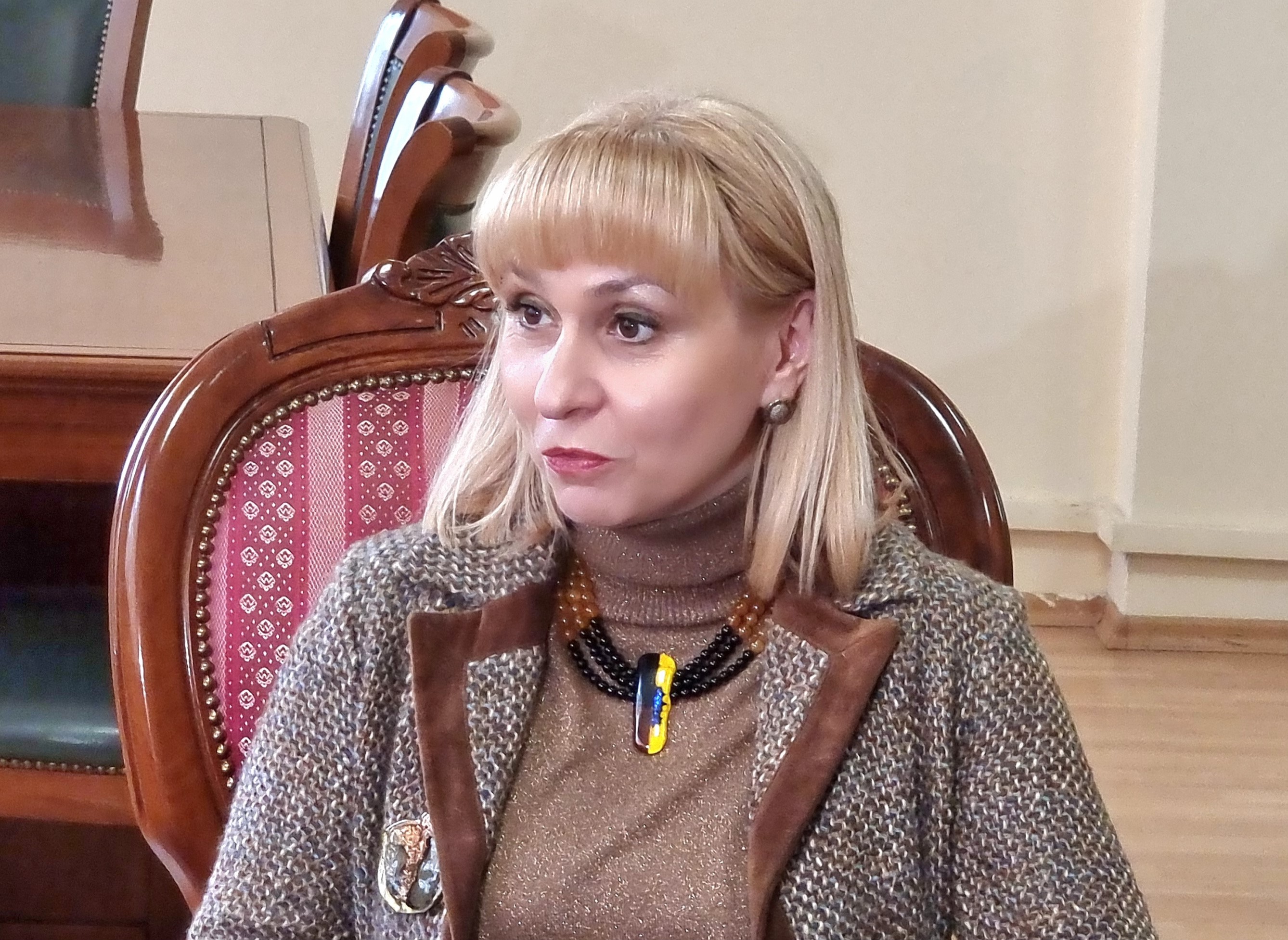News
Ombudsman asks Health Minister if antibiotics problem is to recur from 1 April onward with the e-prescription procedure in force

7 March 2024
Ombudsman Diana Kovacheva approached Health Minister Prof. Hristo Hinkov since the institution receives again complaints and reports from worried patients, medical doctors and pharmacists (with MPharm degree) to inform him that from 1 April 2024 onward many elderly people, people with disabilities and especially children might be deprived of their timely prescribed antibiotic medication.
The Ombudsman emphasizes that no information is supplied about whether the problems in the computerized system of prescription and dispensation of medicines have been overcome while she is definite that even then, a large number of the problems that citizens, medical doctors and pharmacists have brought to the attention of the Ombudsman remain unresolved.
The Ombudsman’s letter has been provoked by the expiry date (1 April 2024) as per the Transitional and Concluding Provisions of the Ordinance amending and supplementing Ordinance 4 of 2009 on the conditions and procedure to prescribe and dispense medication and the prescription of antibiotics thereafter by an e-prescription alone.
Prof. Diana Kovacheva recalls the numerous problems that patients and medics faced, the cases of violation of patients’ rights and of the professional rights of medical doctors and pharmacists, which generated tension and confrontation within the healthcare sector and expresses her anxiety that this may recur after 1 April 2024.
“I would like to express my concern about the possibility to violate the professional rights of medical doctors, including doctors who are advanced in years and who do not have a contract with the National Health Insurance Fund (NHIF) and, accordingly do not have the needed software and staff in their employment who are competent to operate on their behalf, and first and foremost, I have concerns about the right of their patients to timely and guaranteed access to medical treatment," the Ombudsman points out.
Diana Kovacheva again draws attention to the fact that the difficulties arising from the e-prescription procedure are to be observed among elderly pediatricians who after their retirement work in individual practices for specialized medical care and that they do not have a contract with the NHIF, respectively, they do not have hired staff, which would put at risk the timely start of the antibiotic medication of children and it is crucial to suppress the disease and to prevent complications.
“I would like to point out that the mobile application (mobile app) developed does not entirely solve the above-mentioned problems either given the requirement for an electronic signature and the technical competence required to use it; the need for hardware compatible with it (a computer to put it into operation initially and a smartphone or a tablet to use it after), etc. The complaints of medical doctors and of their friends or relatives rightly point out that they do not have an electronic signature nor do they have the needed hardware or the skills to operate it and draw attention to the fact that this has nothing to do with their medical skills but is an impediment to them to practice. Medical doctors using a smartphone of a certain brand report that it is impossible to install the mobile app software on their smartphones,” the Ombudsman writes.
She mentions some other problems: the availability of stable Internet connection, which is a condition sine qua non for the functionality of the application. Prof. Kovacheva emphasizes that in some small and remote communities in the country (depending on the mobile operator or provider) such Internet connection does not exists and adds that a problem caused by service interruptions is possible even in cities.
The Ombudsman warns again that there are dentists who work without having a contract with the NHIF and therefore do not have the necessary hardware and software to work with the National Health Information System. She emphasizes that veterinarians likewise use pharmaceutical products for humans to treat domestic animals.
“In a complaint to the Ombudsman a pharmacist who states that he works in a small pharmacy, points out that many elderly pharmacists in small communities find it difficult to operate with a computer but instead they can record hardcopy prescriptions in a paper register. The pharmacist recognizes the usefulness of e-prescriptions and notes that it might be appropriate to use softcopy and hardcopy prescriptions in parallel for a period of at least ten years and cites as an example the modus operandi in England,” Diana Kovacheva writes and insists on a thorough consideration of the problems in question.
She gives attention to the need for long-term regulation of the possibility to prescribe such medication in a softcopy and hardcopy form and thus guarantee the patients’ right to receive treatment and the professional rights of the medics.
“Alongside, I would like again to draw attention to and identify the need to have efficient control on the systematic use of antibiotics and chemotherapy as a measure to optimize their application and inhibit the development of resistance,” the Ombudsman concludes.


